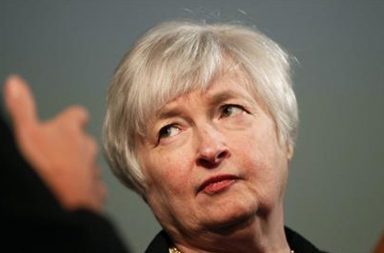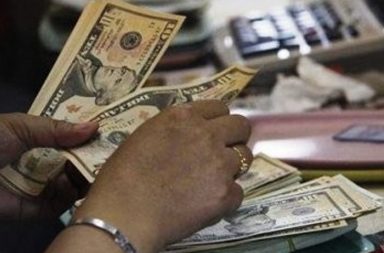On Thursday, influential bond investor Bill Gross advised the Federal Reserve to be “more cautious and easier” regarding its interest rate increase, in view of investors large positions in risky assets such as corporate bonds and high-yield junk debt.
“Should a crisis arise because of policy mistakes, geopolitical crises, or other currently unforeseen risks, the ability to protect principal will be impaired relative to history,” said Gross, manager of a $2.2 billion bond fund.
Previous market maxes permitted asset managers to protect a portion of their risk assets by purchasing Treasuries that could gain value as the Fed decreased policy rates, according to Gross’ Investment Outlook for the year.
“Today, that ‘insurance’ is limited with interest rates so low. Risk assets, therefore, have a less ‘insurable’ left tail that should be priced into higher risk premiums” Gross said.
Year to date, U.S. corporate bond funds have brought in over $205 billion in entries while U.S. equity funds have generated $153 billion, according to data and U.S.-based Treasury government funds generated entries of about $30.56 billion this year.
Gross raised concerns regarding the credit-based U.S. economy saying, “Our entire financed-based system – anchored and captained by banks – is based upon carry and the ability to earn it,” he said adding, “When credit is priced such that carry can no longer be profitable at an acceptable amount of leverage/risk, then the system will stall or perhaps even tip”.

THE MORNING REPORT
Start your workday the right way with the news that matters most.
Your information is 100% secure with us and will never be shared Disclaimer & Privacy Policy
Gross stressed that investors should highlight an appropriate level of carry over and higher than their index benchmarks. “The carry may not necessarily be credit based – it could be duration, curve, volatility, equity, or even currency related. But it must out-carry its bogey until the system itself breaks down. Timing that exit is obviously difficult and perilous, but critical for surviving in a new epoch. We may be approaching such a turning point, so invest more cautiously” he said.
Gross believes there are dangers for the economy when everyone is in cash as well, stating, “When the possibility of default increases and/or the real return on credit or liquidity decreases and persuades creditors to hold classical ‘money’, then the financial system as we know it can be at risk as credit shrinks and money increases, creating liquidity concerns”.
 D. Marie
D. Marie 




